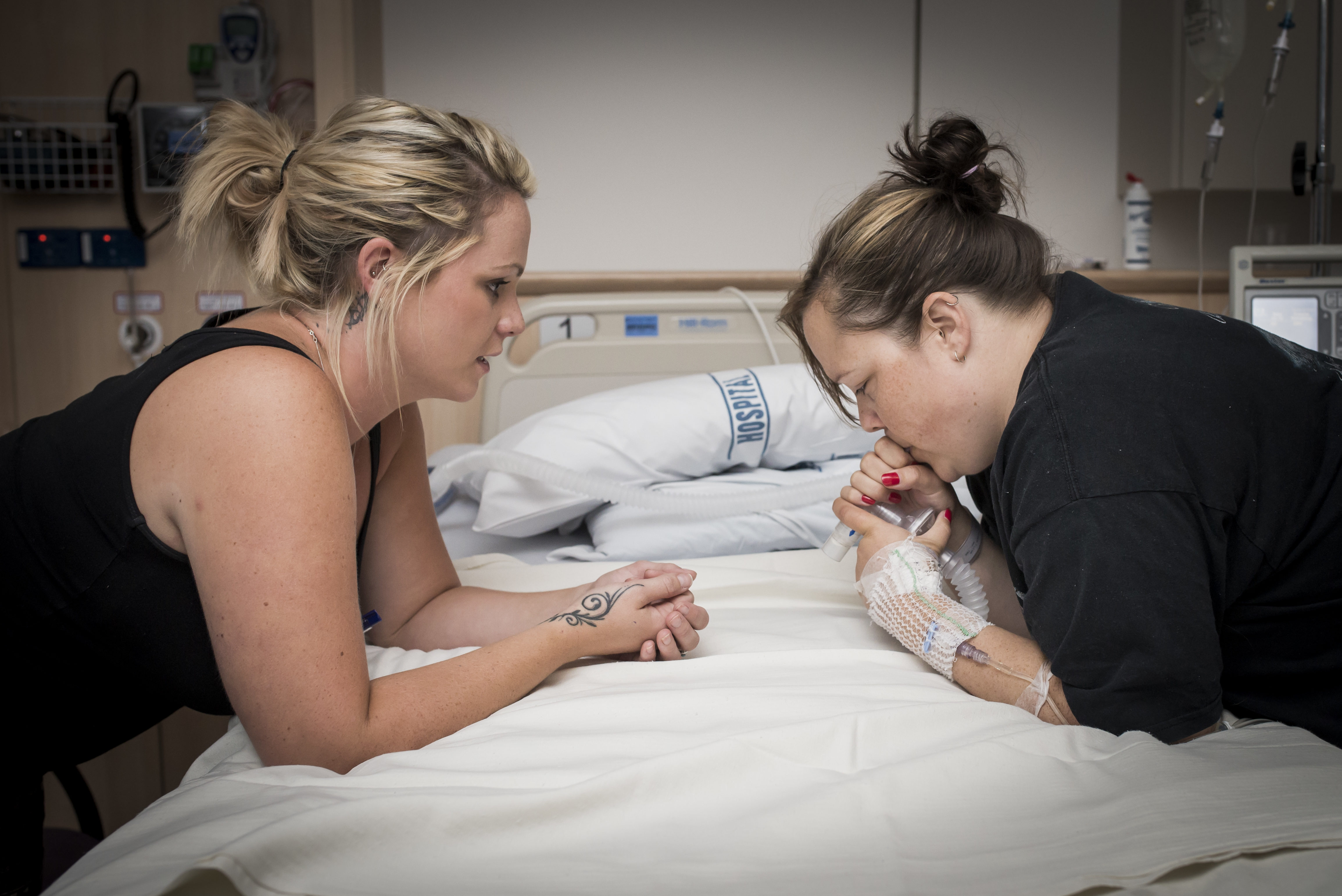Choosing Wisely Campaign Aims to Better Inform
Do I really need to have this test?
That’s one question midwives and obstetricians are encouraging people to ask their maternity health professionals.
The New Zealand College of Midwives (NZCOM) and the Royal Australian and New Zealand College of Obstetricians and Gynaecologists (RANZCOG), who share a commitment to seamless, collaborative care, are launching their Choosing Wisely information lists today along with other professional colleges.
The Choosing Wisely campaign highlights potentially unnecessary tests, treatments and procedures, and encourages people to ask health professionals four questions: Do I really need to have this test, treatment or procedure? What are the risks? Are there simpler, safer options? What happens if I do nothing?
College of Midwives Deputy Chief Executive, Alison Eddy, says Choosing Wisely is an excellent fit with what midwives already do as health professionals. RANZCOG Chairperson Dr Celia Devenish says that obstetricians also find it a good fit.
“We emphasise that this is about informed consent, knowledgeable consumers, only intervening when needed, and avoiding unnecessary harm,” Midwives and obstetricians work together, so that midwives understand and promote the natural physiological processes of birth and obstetricians provide back up when intervention is medically required,” says Devenish.
“Both midwives and obstetricians are committed to ensuring that the women in their care understand fully and are able to give informed consent when it comes to making decisions in the best interests of themselves and their baby,” says Alison Eddy.
Choosing Wisely chair Dr Derek Sherwood says more isn’t always better when it comes to medical tests, treatments and procedures.
“Unnecessary interventions are stressful, and potentially expose patients to harm, leading to more testing to investigate false positives,” he says.
Eddy says maternity is an area where interventions can be applied more liberally than they should be and “we need to stop, question and re-examine the evidence.”
She and Dr Devenish agree that it is important to question rather than just to accept that “this is normal, this is what I should have, this is what happened to my sister or my friend’,”.
“Take ultrasounds as a good example,” says Alison Eddy. “They are a screening test and need to be undertaken for a specific clinical reason, based on informed decision making and knowing when to follow up if there are concerns but avoiding them if they are unnecessary. They can make women anxious and increase the likelihood of further tests or interventions that are not necessarily needed,” says Alison Eddy
The Choosing Wisely lists and supporting evidence developed by The NZ College of Midwives and RANZCOG, are on the Choosing Wisely website.
ENDS
For more information please contact Ali Jones (NZCOM) on 027 247 3112 or Jane Cumming (RANZCOG) on 021 509 032
